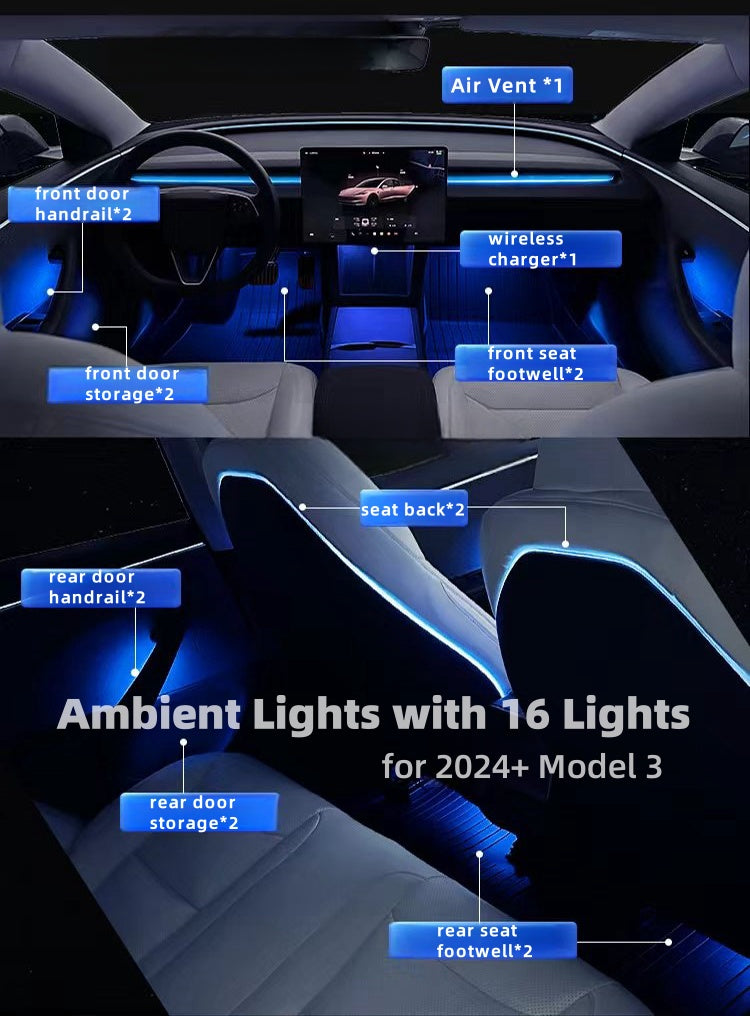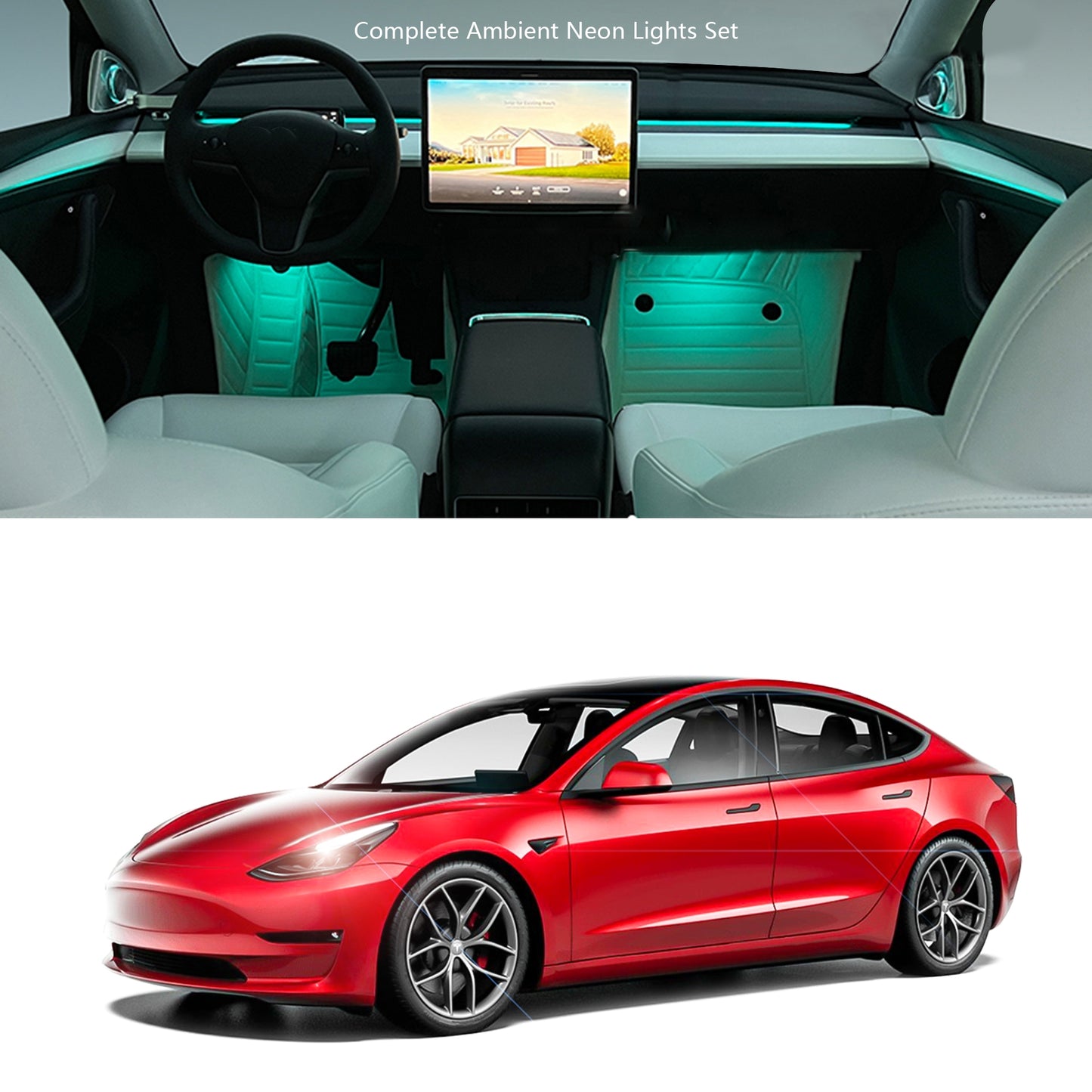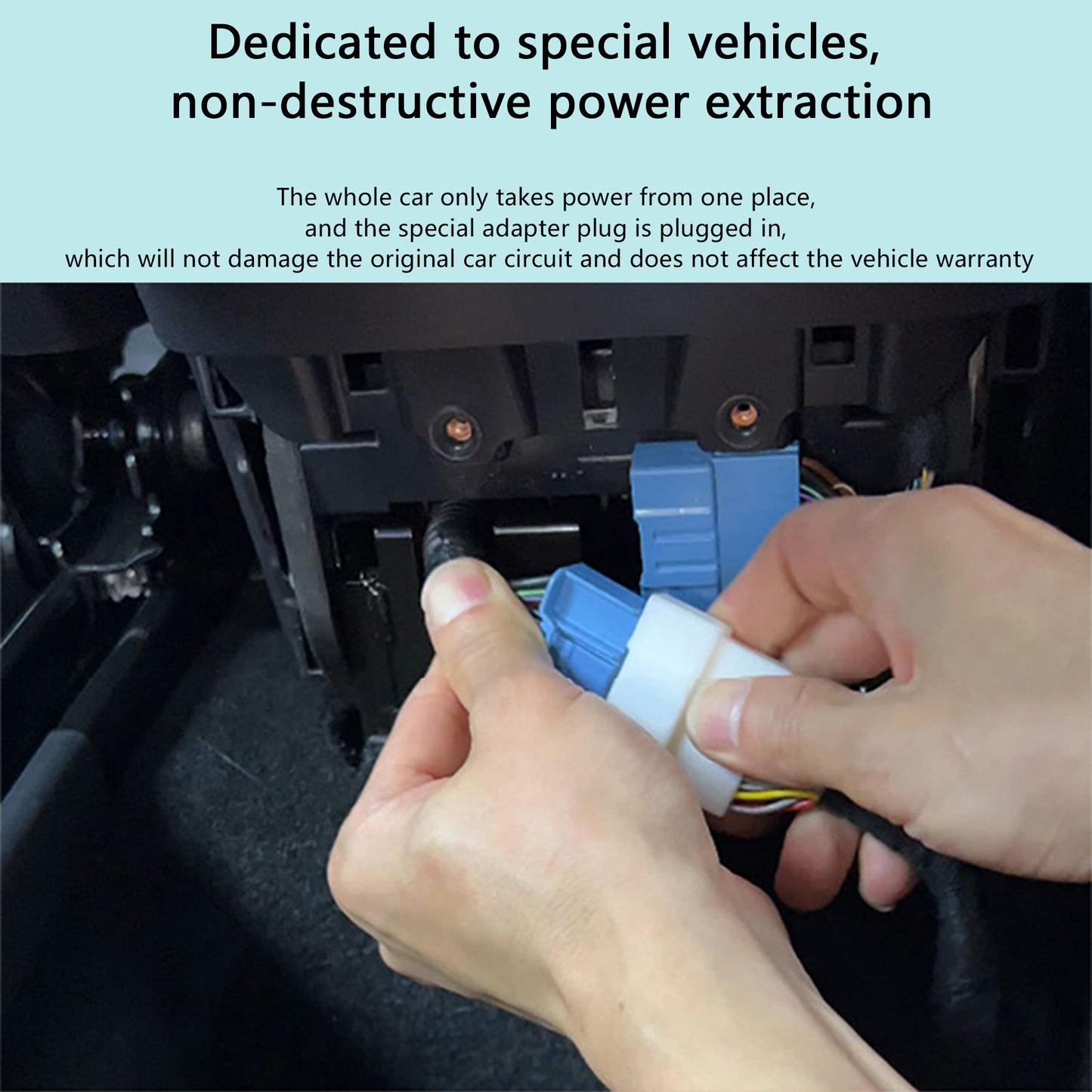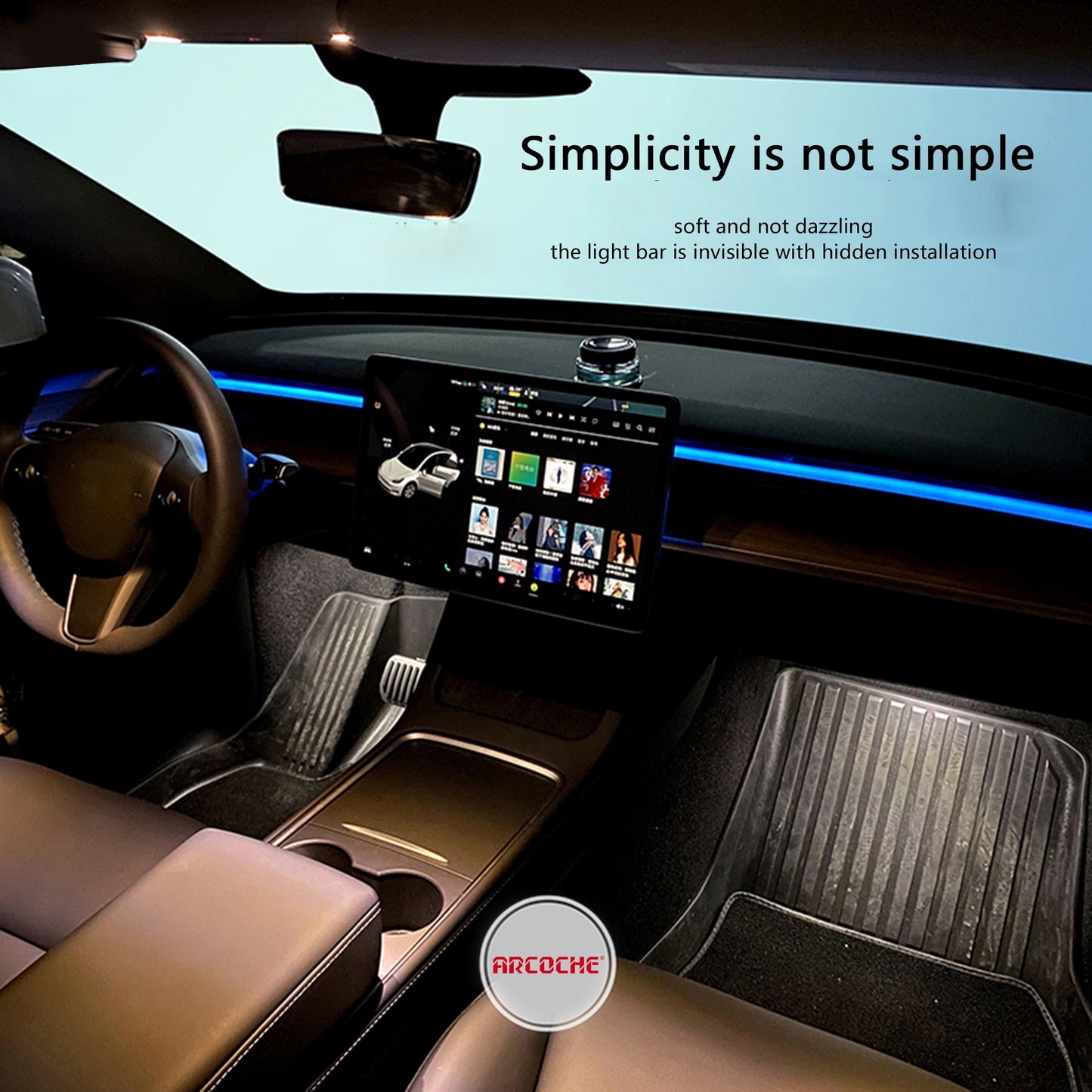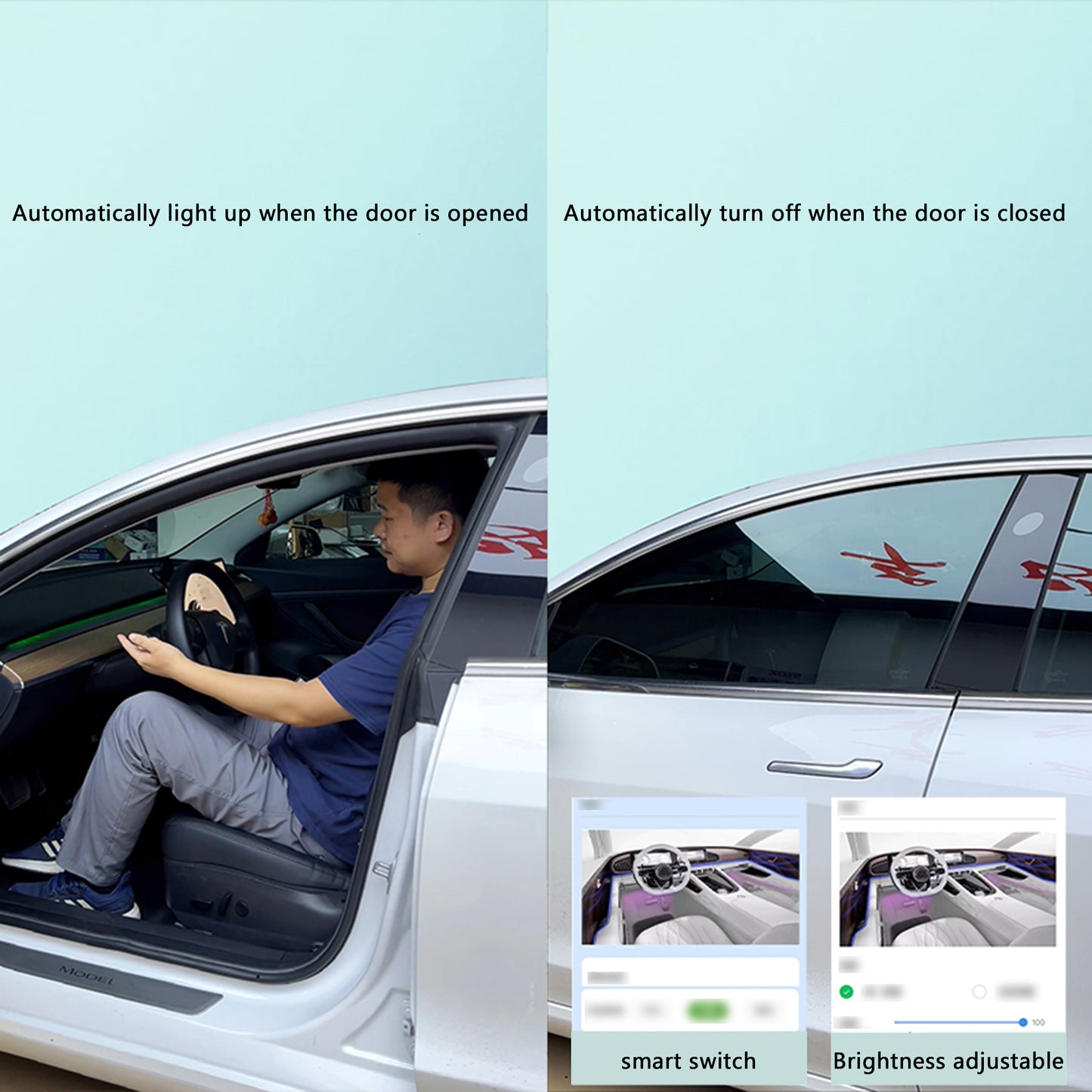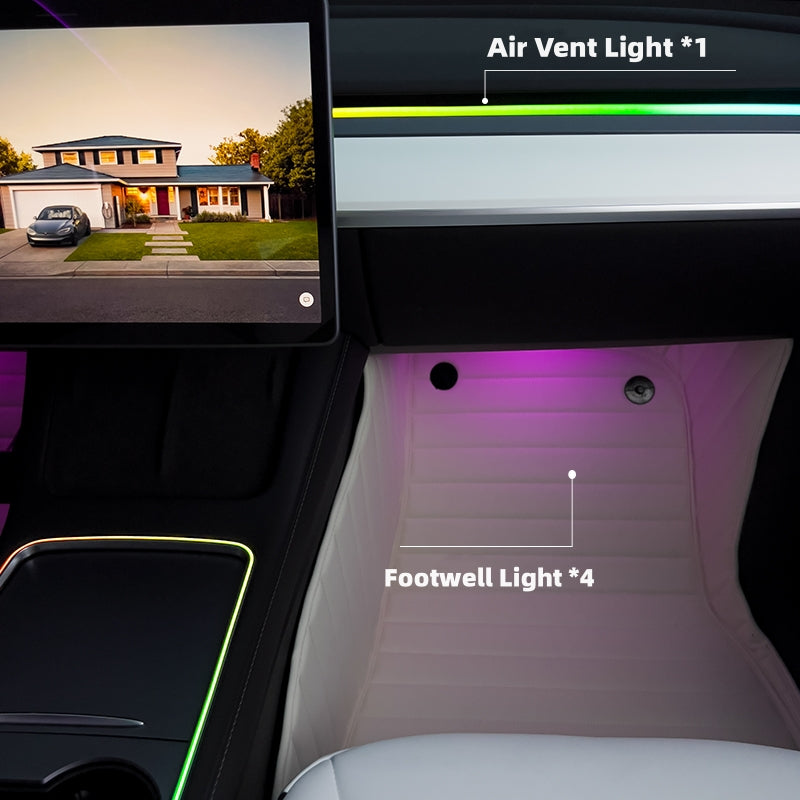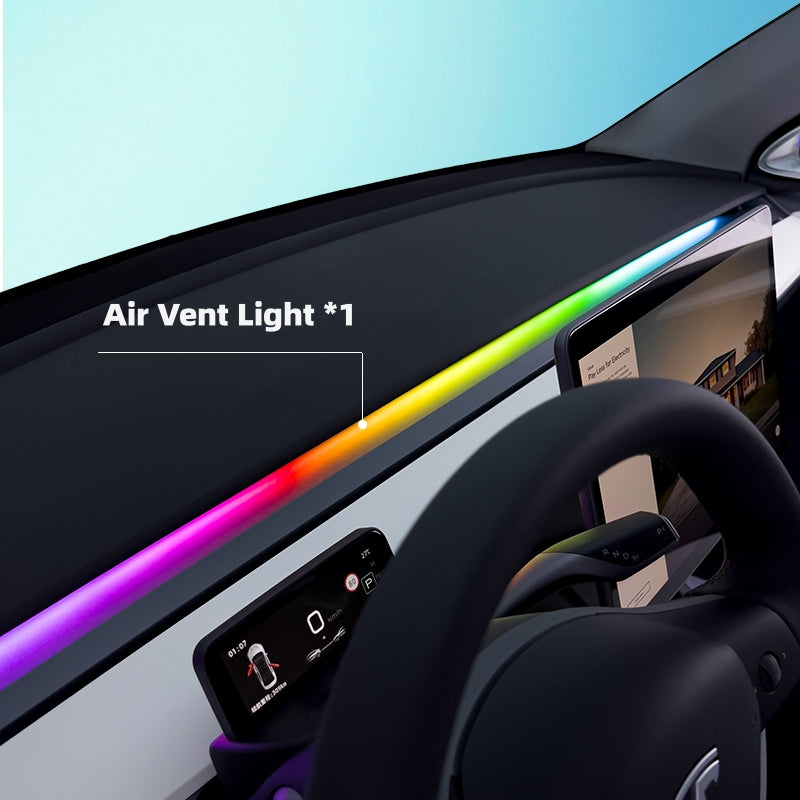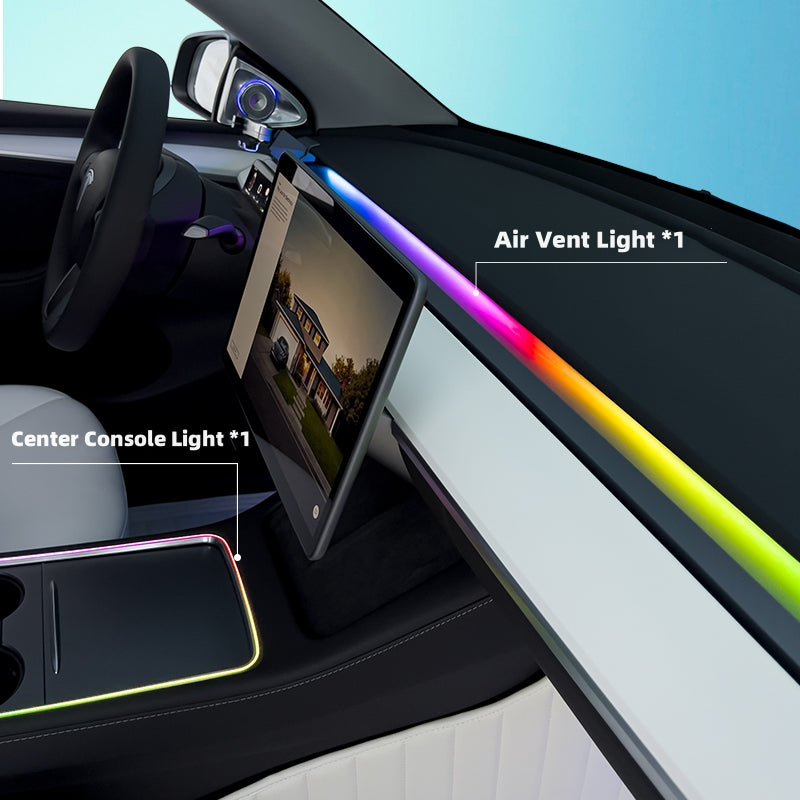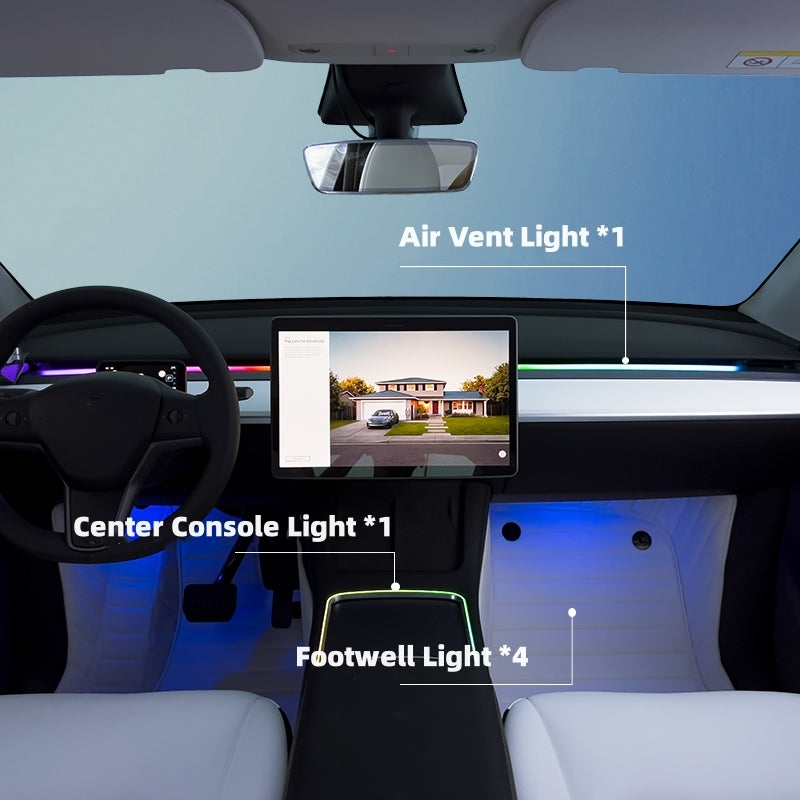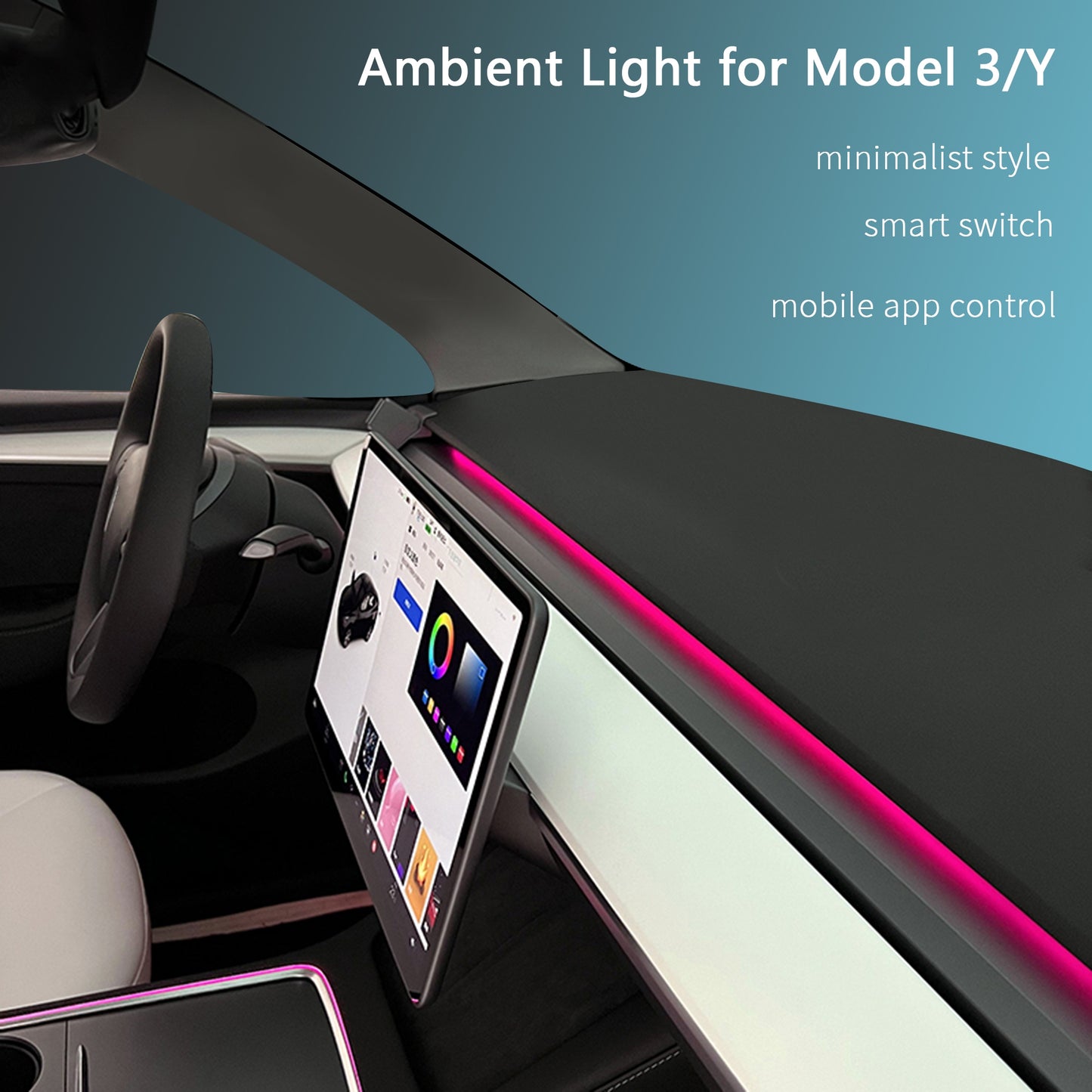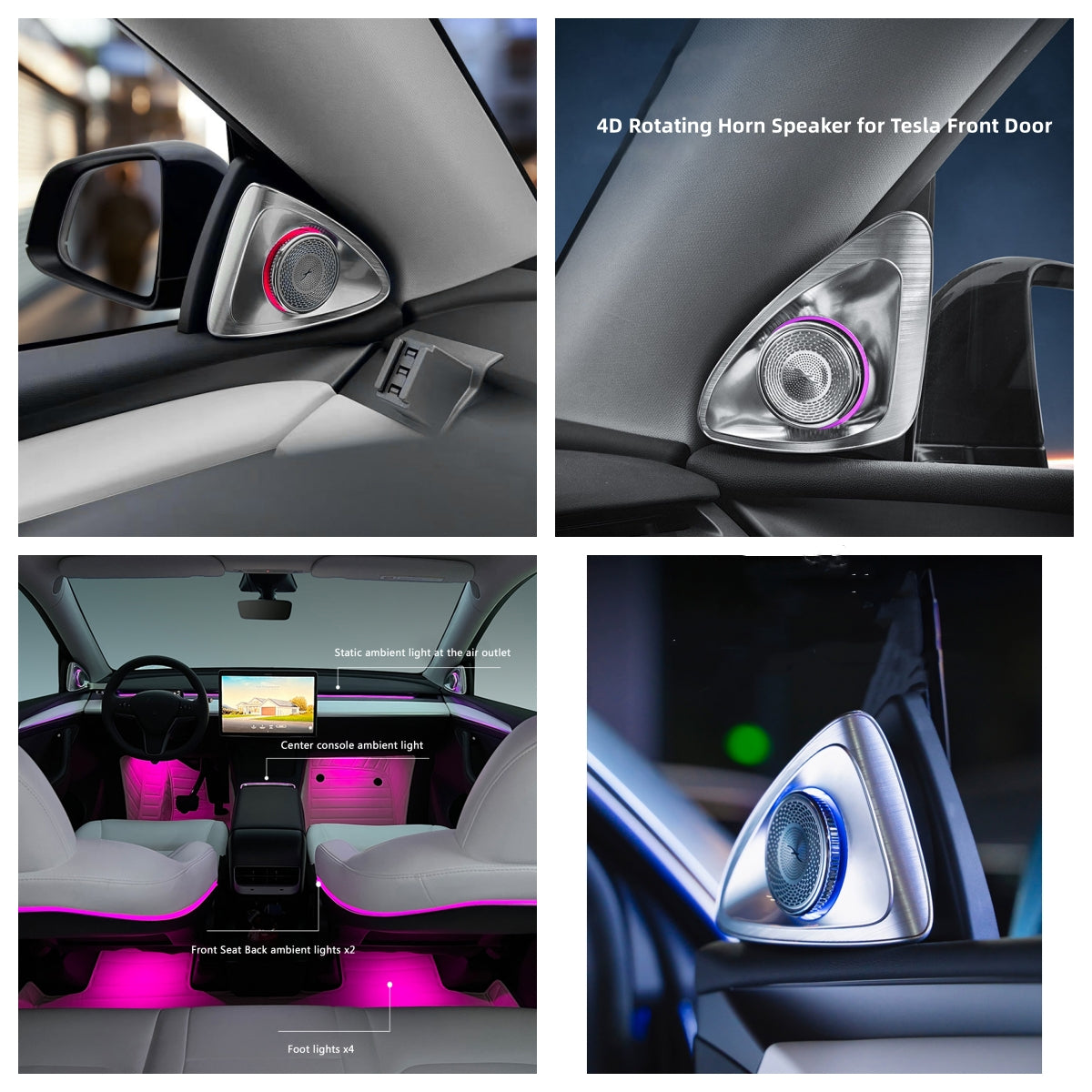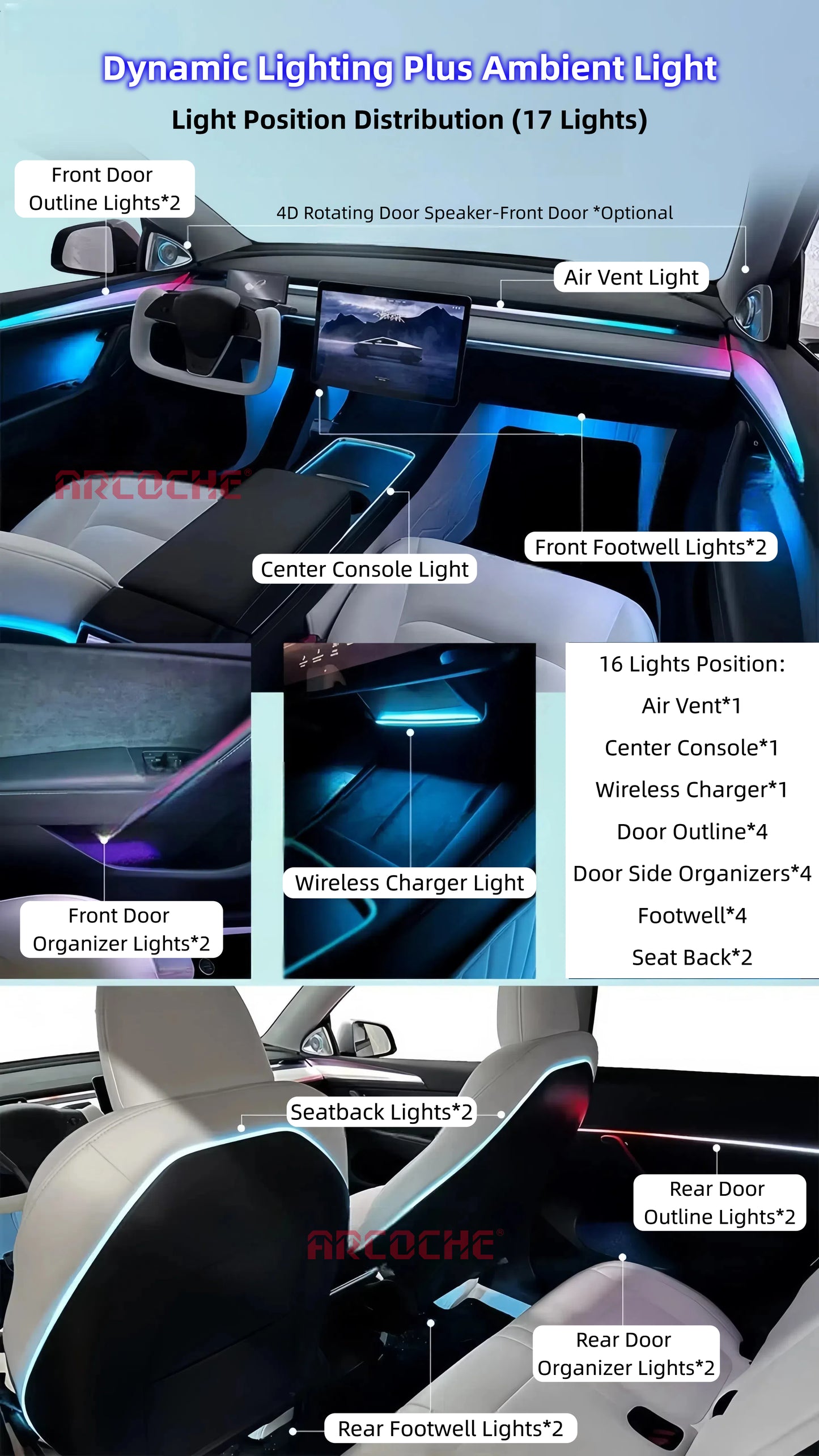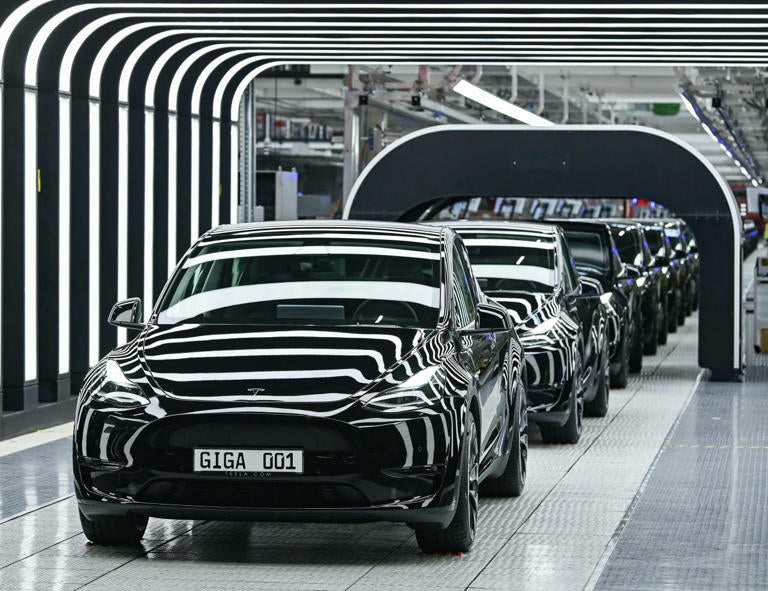
Tesla just rolled out a fresh deal for the Model Y
Tesla is rolling out yet another enticing offer to boost sales. They're providing a tempting financing option, well below the market rate, specifically tailored for new purchases of the Model Y electric vehicle.
As per the information on their website, Tesla is offering an annual percentage rate (APR) of 0.99% for eligible new Model Y purchases. This deal wasn't on the table just a week ago, when the APR quoted stood at 6.49%. Meanwhile, the APR for the Model 3 remains at 6.49%.
With a $4,250 down payment on the base model, mirroring Tesla's provided example, the reduced interest rate translates to approximately $100 in monthly savings for the buyer.
This arrangement presents a favorable opportunity for potential Tesla purchasers. However, for Tesla itself, the situation is nuanced. While lower financing rates have the potential to stimulate sales volume, Tesla is absorbing the cost of offering rates below the market average. This constitutes another instance of price reduction amidst a deceleration in the growth of demand for electric vehicles.
Typically, when an automaker extends an unusually low interest rate, it is treated as a markdown for the manufacturing segment of the business. The financing division of the automaker does not incur losses on the low-interest loans. Instead, it borrows funds at prevailing market rates and earns a spread on its loan portfolio.
Incentives are not a novel concept. Since late 2022, Tesla has been reducing prices and providing incentives to bolster sales volumes in response to heightened competition and saturation in the high-end electric vehicle market.
Price reductions yielded positive results in 2023, with Tesla delivering approximately 1.8 million vehicles, up from 1.3 million in 2022. However, the impact of price cuts has diminished in 2024. Tesla's first-quarter deliveries totaled about 387,000 units, marking a nearly 9% decline compared to the same period the previous year.
Tesla isn't the sole player facing challenges in scaling up production. According to data from Cox Automotive, Americans purchased 268,909 battery-electric vehicles in the first quarter, marking a modest 3% increase compared to the previous year. However, growth was more robust in the fourth quarter, nearing 40%.
In the first quarter, the Model Y saw sales of 96,729 units, a marginal 1% uptick from the previous year. Although growth was sluggish, the Model Y still commanded a significant share, representing 35% of all EV sales and standing as Tesla's top-selling vehicle. In 2023, it ranked as the second best-selling non-truck in the U.S., trailing only behind the Toyota RAV4. (It's worth noting that the three best-selling vehicles in the U.S. are all pickup trucks.)
As of Monday trading, Tesla's stock has declined approximately 32% year-to-date, trailing the Nasdaq Composite by roughly 41 percentage points.
Diminishing earnings projections, driven by reduced volumes and pricing, have exerted downward pressure on Tesla's shares. Wall Street anticipates Tesla to earn around $2.40 per share, a notable drop from the $3.81 per share estimate at the beginning of 2024.



